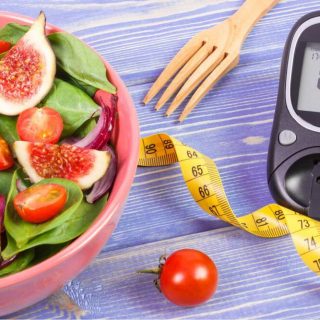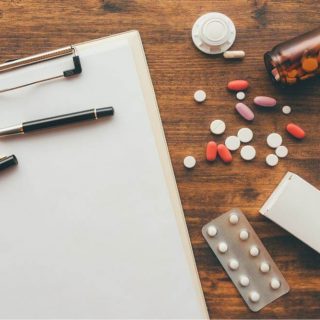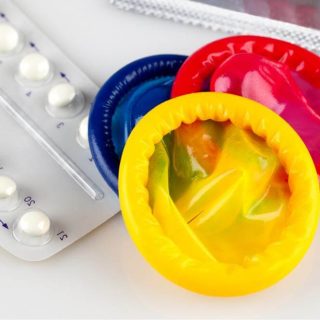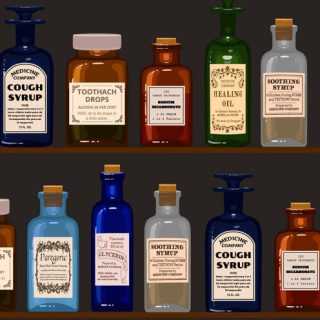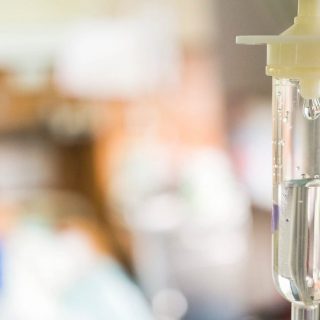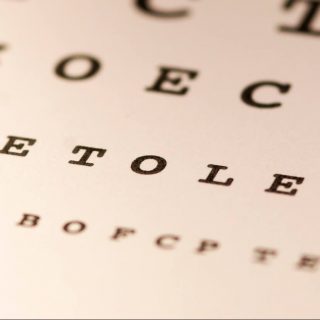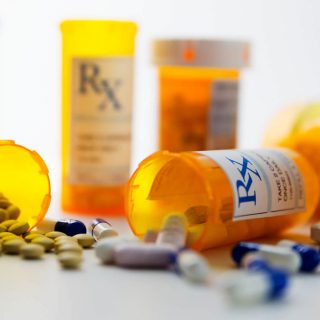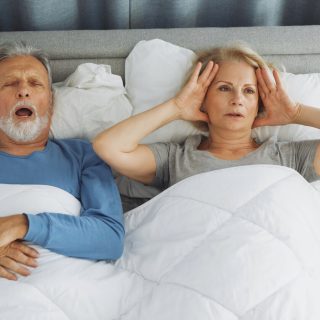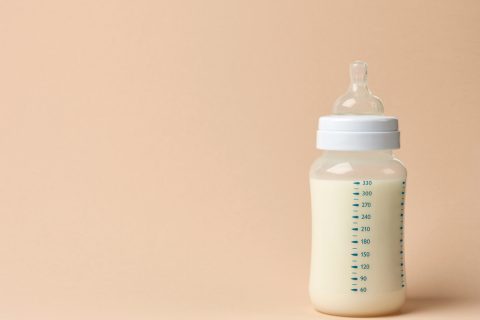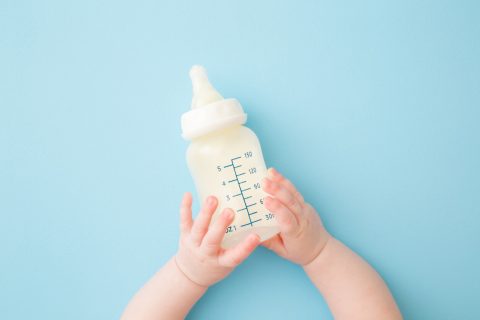Health Information

Individual Health Guides
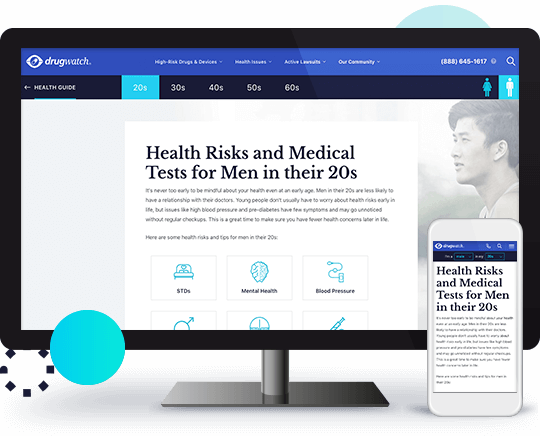
Interactive Health Guide
The foundation of a long, happy life is knowing how to take care of your health. You only get one body. You can take care of it by learning how your body grows, what diseases or conditions to look out for and how to avoid risky products. Men's bodies are different from women's. All of our bodies change from childhood, through adulthood and into old age. Learn about each stage of life, and become a well-informed health consumer to improve your quality of life.
Health Guides By Topic
Calling this number connects you with a Drugwatch.com representative. We will direct you to one of our trusted legal partners for a free case review.
Drugwatch.com's trusted legal partners support the organization's mission to keep people safe from dangerous drugs and medical devices. For more information, visit our partners page.






